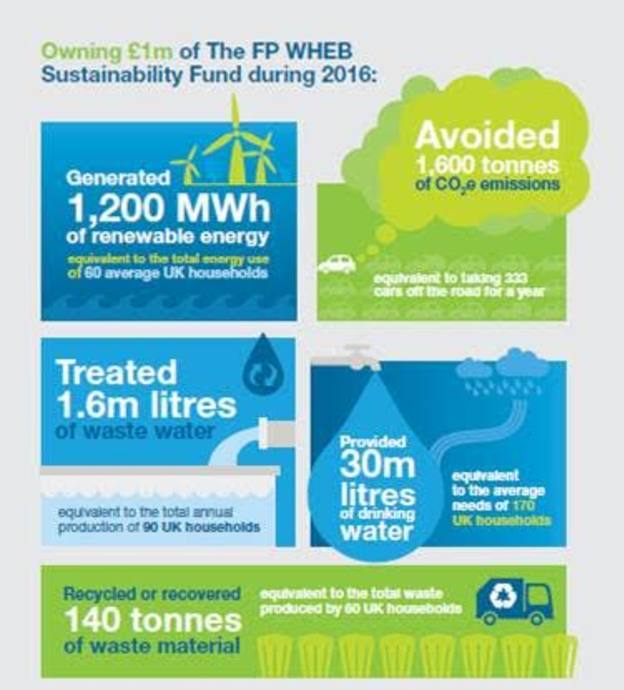
Green bonds need more transparency and assurance for investors and their advisers, a senior portfolio manager has warned.
Bram Bos, senior portfolio manager for sustainable credits and green bonds at NN Investment Partners, said there was a clear need for green bond issuers to report on quantitative impacts.
He said providing more information and greater transparency over key performance indicators would go a long way towards improving reassurance for investors and boosting interest in green bonds.
Mr Bos said: "Green bonds have a direct and measurable impact on the environment. A lot of investors in green bonds want to know what exactly that impact is. At present, companies can report on different indicators which creates confusion."
At the moment, the voluntary industry standards governing green bonds, such as the Green Bond Principles, laid down by the International Capital Markets Association, do not include quantitative key performance indicators (KPIs).
Although the principles require green bond issuers to report annually on the projects they fund, there are no requirements to stipulate in quantitative terms the actual impact on the environment.
This means there is no statistical information available to investors on, for example, the actual levels of water waste reduction, or the amount of waste that has been recycled.
Inclusions of KPIs in annual reports of green bond issuing companies would enable advisers to assess the real effect such bonds have on the environment, and allow investors to make a more informed decision to invest.
According to Mr Bos: "Investors want to compare bonds and either include or exclude them from their portfolios according to their own standards.
"A clear code would significantly increase demand for green bonds and mark a major step forward in encouraging more issuance of green bonds."
Essentially, green bonds are coupons whose proceeds are separated from general corporate purposes and used exclusively for projects that have a positive impact on the environment.
In May, George Latham, managing partner and chief investment officer of specialist fund manager WHEB Asset Management, called on investors to question the companies in which they invest to disclose the real-world impact of their investments.
He commented: "Investors of all types are increasingly interested in the purpose and impact their investments have on the world.
"We would encourage all investors, from the largest pension fund to the individual investor, to ask their advisers and asset managers for information on the impact of their investments.”
In July, WHEB is set to issue its annual Impact Report, which uses the TCFD framework – a G20-backed system for climate-related financial disclosures.
So far, WHEB claims its Sustainability Fund has provided 30 million litres of drinking water and avoided 1,600 tonnes of carbon dioxide emissions, according to its latest figures (see infographic).






